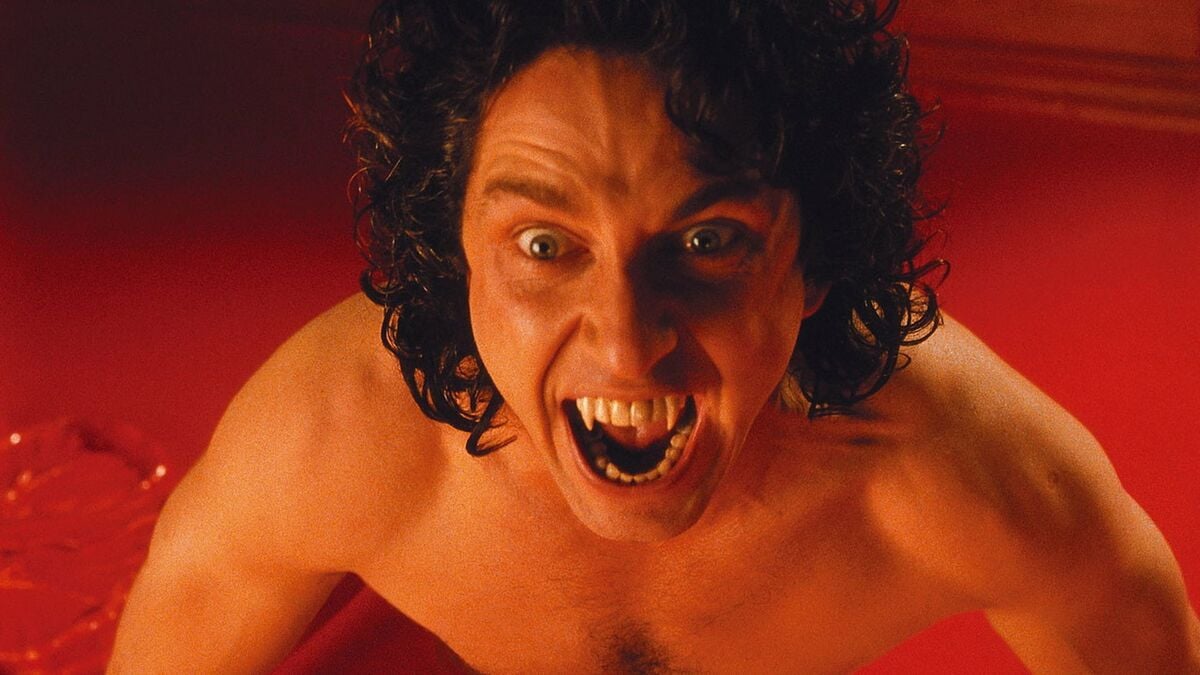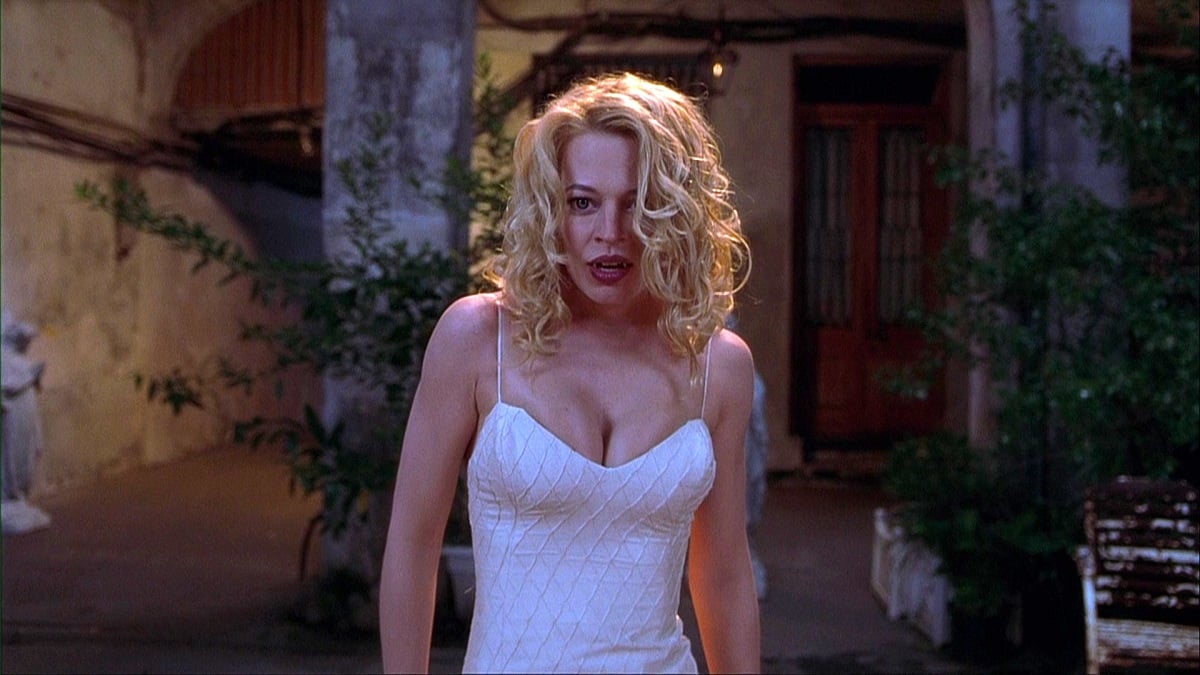Alongside Sherlock Holmes, Bram Stoker’s Dracula is one of the two most heavily-adapted characters in the history of fiction, meaning that it became incredibly difficult to try and put a fresh coat of paint on the well-worn lore a long time ago.
Not that it stops anyone from repeatedly trying to shine a brand new spotlight on the legendary vampire, with countless projects revolving around the most famous bloodsucker of them all emerging on an annual basis, and several more lined up for release in the not too distant future. In a twist of incredible irony, though, one of the worst ever made also happened to deliver an ending so surprising and unexpected that you’re left wishing it unfolded in a much better movie.

A cringeworthy product of its time when viewed through a modern lens, Patrick Lussier’s Dracula 2000 starred Gerard Butler as Vlad the Impaler in a modern setting, complete with a nu-metal soundtrack and frosted tips galore. Despite being heavily marketed on the back of Wes Craven’s involvement as an executive producer, it was nothing short of an unmitigated disaster.
To complement a dismal Rotten Tomatoes score of 17 percent, Dracula 2000 failed to recoup its substantial $54 million budget at the box office, and was forgotten just as quickly as it arrived. That being said, if you break the conclusion down to its core parts, then it ranks as one of the finest finales to any flick focusing on the Transylvanian native there’s ever been.
As it transpires, Dracula’s real identity is none other than that of Judas Iscariot, who was condemned to spend eternity afflicted with vampirism for betraying Jesus before committing the sin of suicide. In addition, his hatred of crosses and silver instantly make complete contextual sense for biblical reasons for being tied directly to the crucifixion, planting the mythos in an entirely different set of circumstances.
Sadly, the film as a whole is irredeemably terrible, but the ending alone almost makes it worth tracking down for its sheer balls to the wall bravura.

